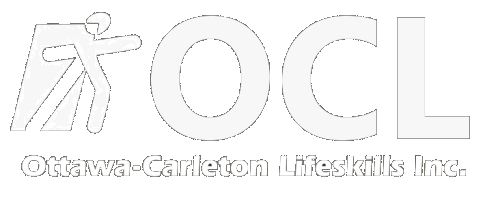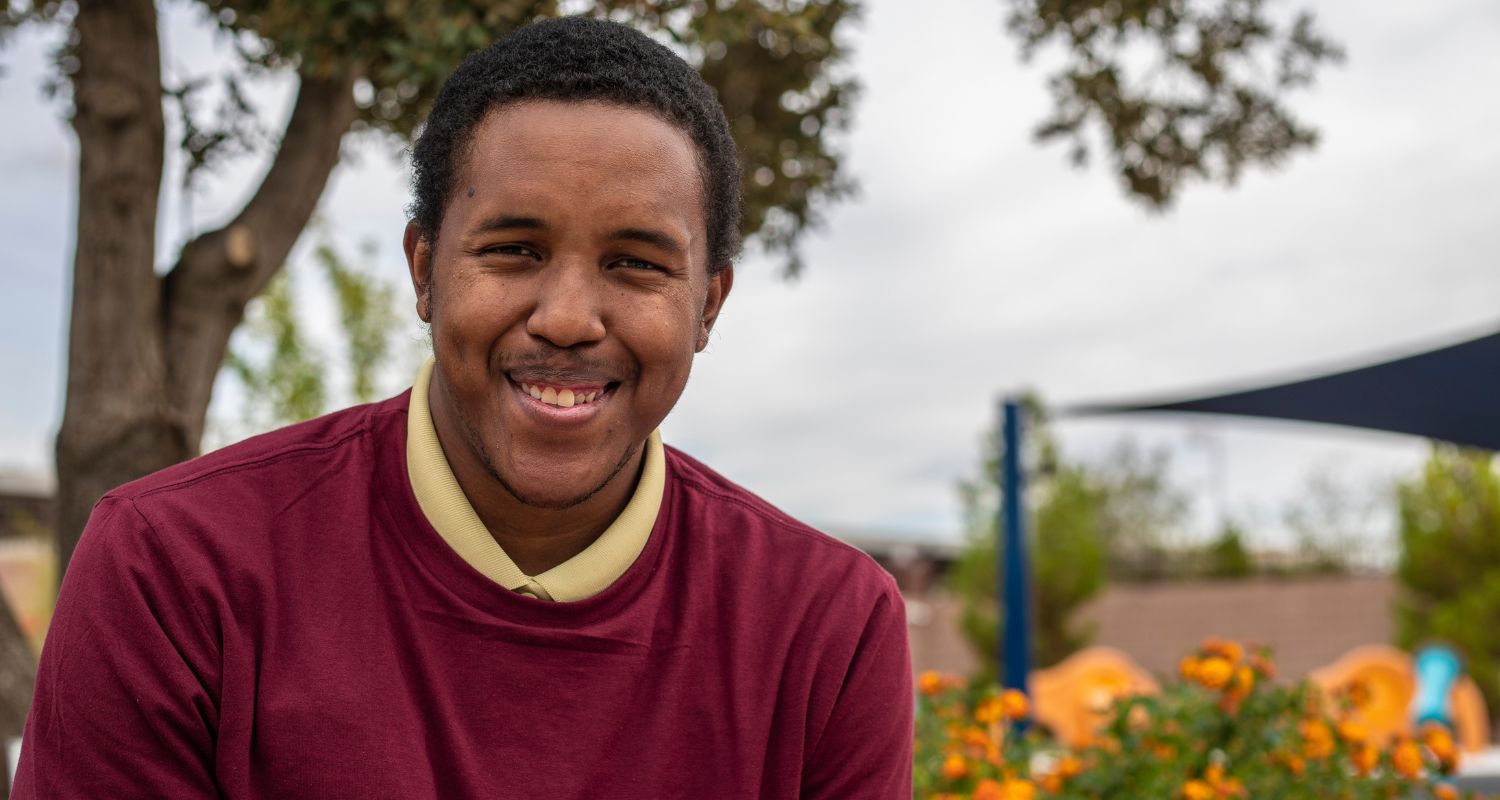Table of Contents
- Defining Developmental Disabilities
- How Can You Help a Person With a Developmental Disability?
- OCL Can Help
Intellectual or developmental disability is a condition that can affect a person’s ability to learn, language development, sensory experiences, and behaviour. With the right support, a person with a developmental disability can be as independent as possible and live a full and happy life.
Defining Developmental Disabilities
Down syndrome, traumatic brain injury (TBI), and autism are three of the most well-known developmental disabilities. Autism and Down syndrome are both conditions people are born with. A blow to the head causes traumatic brain injury, and this can happen to anyone at any time. But there are many more as well, like sensory processing disorders, learning disabilities, developmental delays, and metabolic developmental disabilities.
Disabilities vary in how severe they are. Some people with developmental disabilities can live on their own and do things similar to people who don’t have any kind of disability. Others need healthcare around the clock and will never be able to live independently.
How Can You Help a Person With a Developmental Disability?
As said, the term “developmental disability” covers many conditions, each with its own symptoms and care needs. So there’s no single way to care for someone with a disability that works for everyone.
Below are some helpful tips for caregivers and family members:
Get Educated
First and foremost, it is important to learn as much as possible about the disability of the person you care for. Read books, subscribe to specialized magazines, look at websites, and most importantly, find people who know about the condition and ask them questions. Finding a parent or caretaker support group is a great way to do this.
Get Support
When caring for someone with a developmental disability, support is very important. As a caretaker, you’ll face problems that only other caretakers will understand. You can get long-term help and emotional support by joining a support group – even when things are hard.
Enhance Your Communication Skills
To talk to someone with a developmental disability, you might need to learn new ways to communicate. The person may not understand what you’re saying – or how you are saying it. In the same way, you might find it difficult to understand how they talk, which can be frustrating for everyone.
It’s important to use clear, easy-to-understand words. Don’t make things harder than they need to be. Keep communication friendly and use clear body language to show what you mean and how you feel. For example, when you talk to someone with autism, they might not understand sarcasm or other subtleties. Because of this obstacle, conversations can get very confusing.
 Thus, direct communication is very important. You can also say how you feel instead of trying to show how you feel, which may not be noticed. For example, you could say, “I’m sad”, which is a clear way to let the person know how you feel. If you don’t know what to say, you can ask other caregivers for tips and advice (or watch how they talk to people with disabilities).
Thus, direct communication is very important. You can also say how you feel instead of trying to show how you feel, which may not be noticed. For example, you could say, “I’m sad”, which is a clear way to let the person know how you feel. If you don’t know what to say, you can ask other caregivers for tips and advice (or watch how they talk to people with disabilities).
Don’t Assume
When you are assisting someone with a disability don’t assume that they need help with everything. Ask them directly what they need a hand with. Encourage them to try out a new skill on their own and provide support when asked or prompted.
OCL Can Help
OCL offers a variety of support services for adults with developmental disabilities. Using our Person-Centred Approach (PCA), supports and services are personalized. All PCA outcomes are unique to each person and take into account culture, religious beliefs, personal goals and way of thinking.
Call us in Ottawa at (613) 254-9400 or send us an email at info@ocl.ca for more information today.



